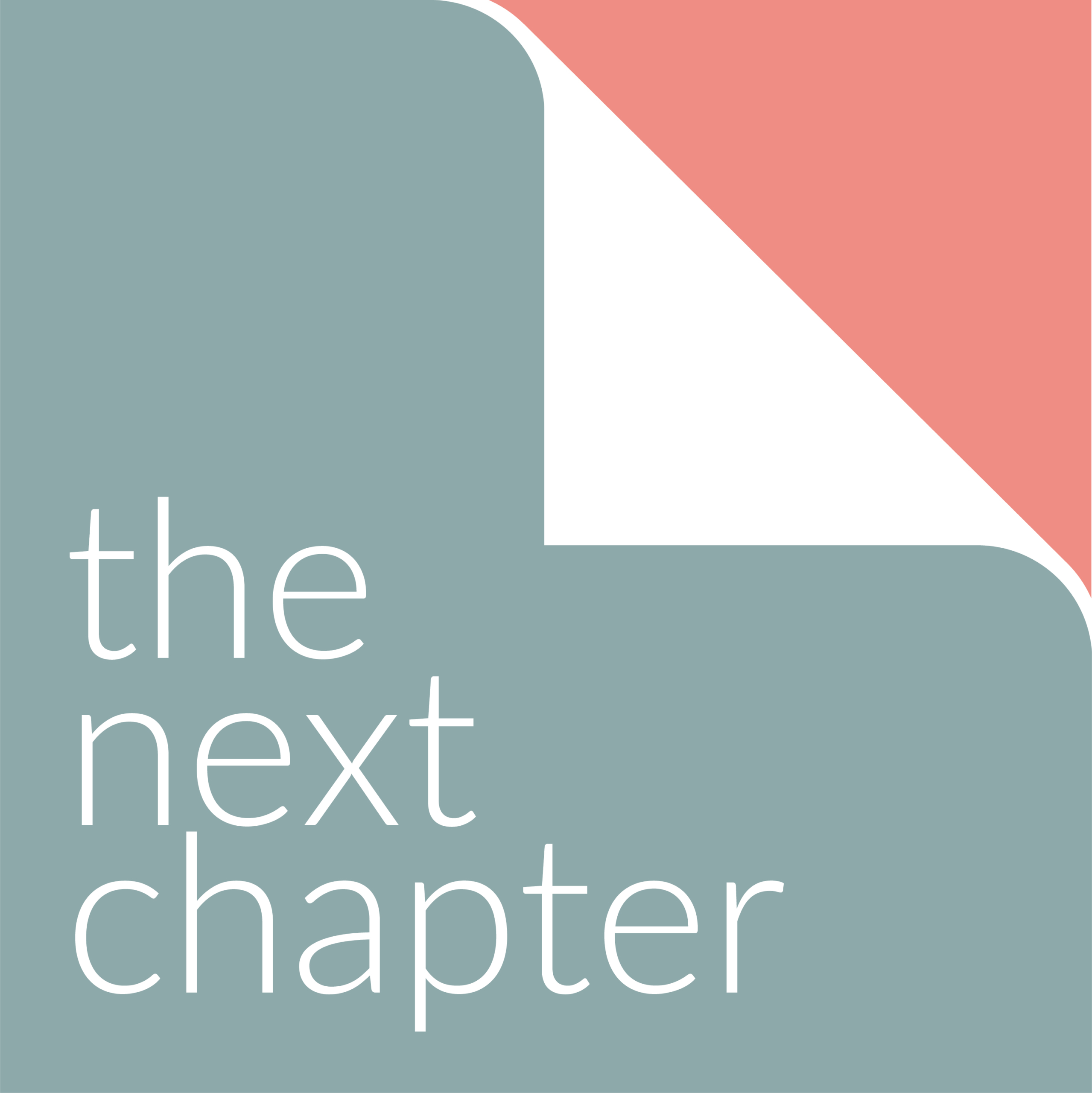anti-racism statement
a note on language
Racial labels can alienate people and risk reinforcing the race construct. However, we need to use these imperfect terms to address the issues – we will try to do that with care and nuance.
We subscribe to the definition of racism by the Psychotherapists and Counsellors for Social Responsibility.
When we are writing about the ethnicity categories Black, Asian and Minority Ethnic (BAME) we will use capital letters. We will follow authors Eugene Ellis and Akala in using lowercase letter when writing the words black, brown or white as racial terms, and the phrasing “racialised as…” – to emphasise that race is a social construct.
If you come to us as a client, we do not impose any labels – you define yourself, and we will use the words you identify with.
we recognise that:
- racial discrimination has a cumulative, negative long-term effect on the mental and physical health of Black, Asian and Minority Ethnic people in the UK
- research on mental health and ethnicity shows there are stark disparities in people’s experiences of mental ill-health, access to mental health services, and the types of treatment BAME people receive in the UK
- research on poverty and the ethnicity of the ‘head of the household’ shows the rates of poverty and chances of living in persistent poverty and inadequate housing are much higher for Black and Minority Ethnic households in the UK
- people have multi-layered identities, and face multi-layered oppression when belonging to more than one marginalised group
- everyone tends to go into a state of alarm (nervous system dysregulation) when confronted with the race construct – people racialised as white will tend to ‘opt out’ of this discomfort, blocking the conversation, until they have consciously worked on it
- counselling and bodywork therapy can be used to address aspects of racism (see below) – when the practitioner is sufficiently conscious, skilled and well-resourced
- the mental health and wellbeing professions in Scotland lack diversity – there are structural barriers to entering these professions, and additional challenges for trainees and practitioners with marginalised identities.
uses of counselling and bodywork therapies
No-one can ‘therapise’ their way out of structural oppression. But you can use counselling and bodywork therapies to address aspects of racism.
potential uses of counselling
Counselling is a way to look into the question: ‘who am I’. In counselling, you can uncover the you who is not the labels you have been given or the roles you have been assigned by others. This can include taking apart the race construct.
Counselling can be a safe place to address trauma, guilt, shame and fears. You can also work with a counsellor on confidence and skills for dealing with difficult conversations – eg. managing discomfort, setting boundaries or responding to microaggressions.
Culture, society and politics, including the race construct, play a part in how you and your counsellor relate to each other. In counselling – unlike many other situations – you can actually address this between you. Cross-cultural therapy can be very powerful, as can finding a therapist who shares aspects of your culture or identity.
potential uses of bodywork therapies
Trauma is held in the body as much as in the mind. Bodywork therapies can be a safe, non-verbal way to attend to the impact on the body.
Bodywork treatments can bring up emotions, at the time or afterwards. Getting emotions ‘out’ can help your nervous system to rebalance. Your therapist can explain how you can take care of yourself throughout this.
our goals
We want The Next Chapter to be:
- as safe as possible for Black, Asian and Minority Ethnic clients, customers and practitioners
- a place where people can address the race construct
- a place that promotes and celebrates inclusion, diversity and community-building for wellbeing.
next steps
- publish this statement on our website
- keep progress under review through a standing item on our group meeting agenda
- develop a resource for our practitioners to use for personal and professional development and support
- investigate options for facilitated training and organisational development
- (ongoing) keep bookshop stock under review – actively seeking books by and for Black, Asian and Minority Ethnic people, anti-racism resources, and books that address social and community wellbeing
This statement will always be a work in progress. We expect to keep developing our understanding and our ability to do better. We will stay curious, cultivate resilience and receive feedback with gratitude.
this statement is based on…
books
Natives by Akala
The Race Conversation by Eugene Ellis
Me and White Supremacy by Layla F. Saad
journalist articles
‘I thought I was a lost cause’: how therapy is failing people of colour by Coco Khan, for The Guardian, 10 February 2020
This is what therapy is really like for queer people of colour by Lily O’Mara, for Gal-Dem, 16 May 2019
Decolonising Therapy: Why an Apolitical Mental Health System Doesn’t Work by Anuradha Varanasi, for Rewire, 19 April 2021
academic papers and commission reports
Ellis, B. Racial politics and therapy. Counselling and Psychotherapy Journal. Oct 2004 Vol 15 No 8
Equality and Human Rights Commission –Healing a Divided Britain: the need for a comprehensive race equality strategy
Poverty and Inequality Commission – Key Facts
Social Metrics Commission – Measuring Poverty 2020
Synergi Collaborative Centre – The Impact of Racism on Mental Health briefing paper (2018)
Wallace S, Nazroo J, Bécares L. Cumulative Effect of Racial Discrimination on the Mental Health of Ethnic Minorities in the United Kingdom Am J Public Health. 2016;106(7):1294-1300

